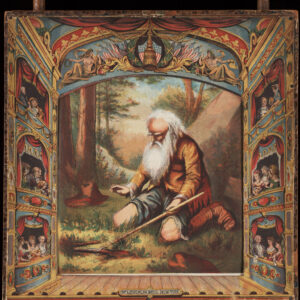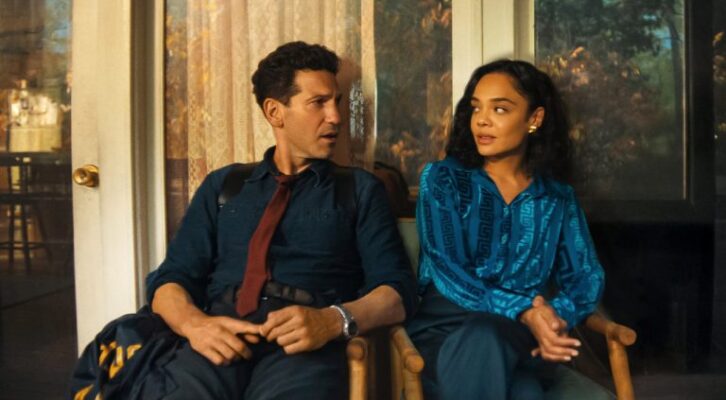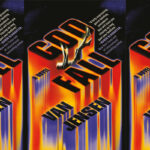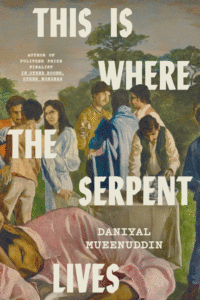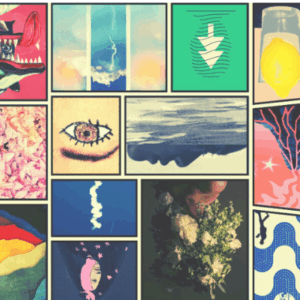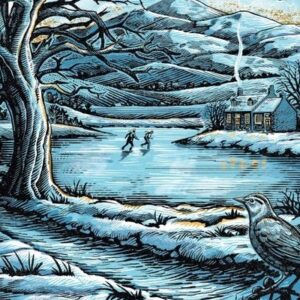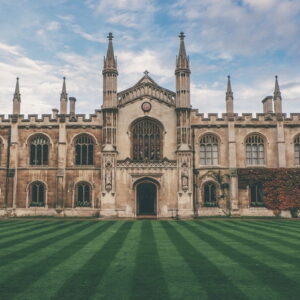
On the Pain of Being a Secret High School Geek (and Sometime Freak)
Sam Graham-Felsen on Lessons Learned from Freaks and Geeks
I first watched Freaks and Geeks while I was working on the 2008 Obama campaign, in the depths of some despair (we were always despairing that some recent fiasco, usually of our own making, was going to torpedo the campaign). I remember choking up in my sparsely decorated Chicago rental, not because I was watching a romance end or a character die, but because a group of geeks were having fun, launching model rockets in an empty lot.
I wept because the scene is hilarious—the glee on their faces as their pathetic gadgets spark and wobble into flight; the ecstasy as they run, with outstretched arms, after their spent rockets, drifting back down to earth on mini parachutes—and because it broke my heart.
In my high school, I spent a lot of time trying to be cool, and to a large extent, I succeeded. I got to sit at a cool table, dated popular girls, got invited to parties. But I lived in mortal terror of being outed as a geek. I say outed because I was a closet geek. I had enough social savvy to employ the latest slang and wear the right brands, but I was puritanical about smoking pot (I pulled the Clintonian fake-inhale on numerous occasions), always managed to slip away when a group fight broke out, and maintained friendships with a decent number of nerds. Most dangerously, I harbored odd and unorthodox opinions that sometimes slipped out. Once, at lunch with the cool kids, I said something extremely uncool, and the most popular guy in my school barked across the table, “Sam, everything you say is wack. Never speak again.”
Watching Freaks and Geeks, it struck me that my happiest times in high school were spent with my geek friends: venturing into my school’s basement for epic ping pong club showdowns, watching Kubrick movies with my history study buddies, staying up all night pounding powdered Gatorade and playing computer games with my sober-on-principle friend. It wasn’t just what we did, it was what we said. The ethics of pre-collegiate sex, the merits of utterly non-top-40 songs, the routes of trains, the strange fact of enjoying one’s own fart smells—any topic was fair game. This is why I was so crushed by Freaks and Geeks. It was devastating to think of all the time and fun I’d squandered—and the pain I caused—keeping these friendships on the down low.
My favorite scene in Freaks and Geeks (which, I maintain, is one of the greatest scenes in television history) takes place in the final episode of the tragically short-lived series. The cool guy, played by James Franco, gets invited by one of the geeks to come over on Friday night to play Dungeons and Dragons. Franco’s character, Daniel—who throughout the show has coasted on his good looks and aloof charm—is in the midst of an identity crisis. For the first time in his life, it seems, he is lost. He’s not sure if he’s good at anything, or who he is. Surprisingly, he says yes to the geeks.
Fast forward to Friday. They huddle around a dimly lit kitchen table, munching on pretzels and downing cans of generic diet cola, and the geeks explain the rules to Daniel. First, he has to roll the dice to determine which character he’ll play. He’s a dwarf, and he’s not happy about it. He wants to be something big and powerful. No, they explain, dwarves are actually really good fighters. A dwarf is a great thing to be. Daniel grudgingly accepts his fate and names his dwarf Carlos. It’s an unusual choice—not as cool as Cragganmore the Destroyer or Logan the Huge—but it’ll do. The game begins, and in montage, we watch Daniel’s skepticism melt into unadulterated mirth. When he finally defeats the dragon and frees his first princess, the geeks applaud. Beaming, he gets up to grab another off-brand cola from the fridge. He wants to keep this party going. Anyone else want a drink, he asks, you guys good? We’re good, they say.
I have watched this scene many, many times, and it became something of a guiding star as I wrote my novel, Green, about a friendship between two middle school geeks, one white and one black, in early 1990s Boston. With their oddball tastes and soft demeanors, they fail to fit in with their peers, but match up perfectly as a pair. I loved writing the scenes when their friendship flourishes in private, away from the oppressive conventions of school, where they’re free to play the soft and ridiculous games they love. Writing those scenes, I would think to myself, is there anything more fun than being around other uncool people? People who, by virtue of failing to conform, are essentially doomed to be themselves?
I suspect I wasn’t the only covert geek among the cool crowd in my high school. In fact, I know I wasn’t. Even the guy who told me to “never speak again” was, I later discovered, something of a closet eccentric. For all I know, his most cherished memory from high school wasn’t being serenaded by cheerleaders at a pep rally or dunking in a playoff game, but the time he said yes to an invitation from a geek, and whiled the night away drinking sodas, slaying orcs, and saying whatever weird, wack thing that came to his elated mind.
Sam Graham-Felsen
Sam Graham-Felsen was born and raised in Boston. He has worked as chief blogger for Barack Obama’s 2008 campaign, a journalist for The Nation, and a peanut vendor at Fenway Park. GREEN is his first novel.









